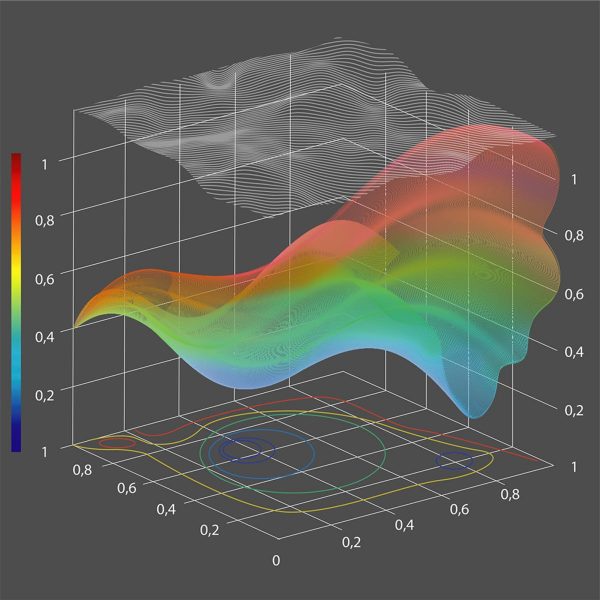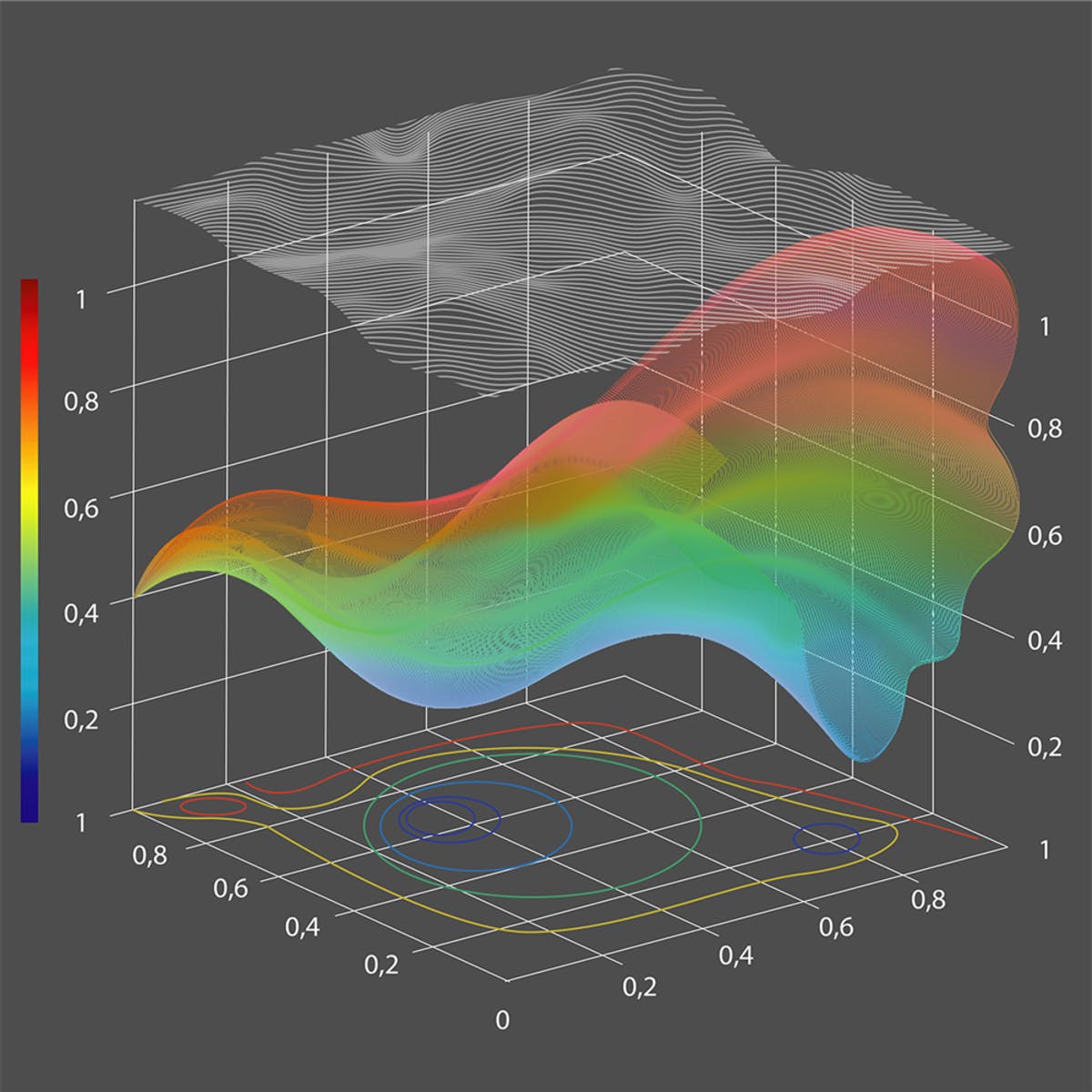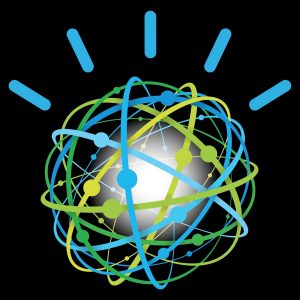
Introduction to numerical analysis
FREE
Numerical computations historically play a crucial role in natural sciences and engineering. These days however, it’s not only traditional «hard sciences»: whether you do digital humanities or biotechnology, whether you design novel materials or build artificial intelligence systems, virtually any quantitative work involves some amount of numerical computing . These days, you hardly ever implement the whole computation yourselves from scratch. We rely on libraries which package tried–and–tested, battle–hardened numerical primitives. It is vanishingly rare however that a library contains a single pre–packaged routine which does all what you need. Numerical computing involves assembling these building blocks into computational pipelines. This kind of work requires a general understanding of basic numerical methods, their strengths and weaknesses, their limitations and their failure modes. And this is exactly what this course is about. It is meant to be an introductory, foundational course in numerical analysis, with the focus on basic ideas. We will review and develop basic characteristics of numerical algorithms (convergence, approximation, stability, computational complexity and so on), and will illustrate them with several classic problems in numerical mathematics. You will also work on implementing abstract mathematical constructions into working prototypes of numerical code. Upon completion of this course, you will have an …
Instructor Details
Courses : 1
Specification: Introduction to numerical analysis
|
6 reviews for Introduction to numerical analysis
Add a review Cancel reply
This site uses Akismet to reduce spam. Learn how your comment data is processed.

| Price | Free |
|---|---|
| Provider | |
| Duration | 16 hours |
| Year | 2019 |
| Level | Intermediate |
| Language | English |
| Certificate | Yes |
| Quizzes | Yes |

FREE






Dawars –
Great course with useful homework assignments in Jupyter notebook. Highly recommended!
Pingchuan M –
Very nice overall illustration of all relevant topics in numerical analysis. Laid a solid foundation if you want to dive deeper into any specific domain.
Mahadev D –
nice
Sunny J –
Awesome Course
Chintan S –
The course hardly provides any examples of the numerical methods discussed. If you are new to Numerical Methods, it would be better to learn Numerical Methods elsewhere and use this course only to build Python functions on your own in the assignments. These programming assignments are also not very crisp and you spend a lot of time figuring out how to implement. The only great takeaway from this course for me personally was the handling of catastrophic cancellation problems.
Victor A M G –
Excelent course. Really liked how the teacher explained the course in general. I would upgrade it with more examples reviewed.